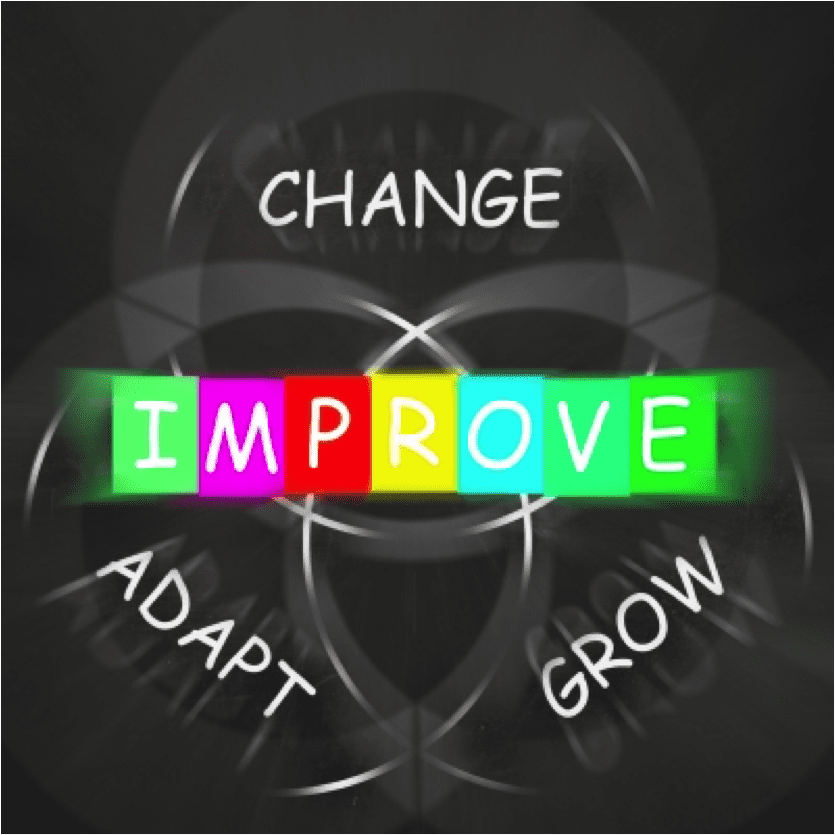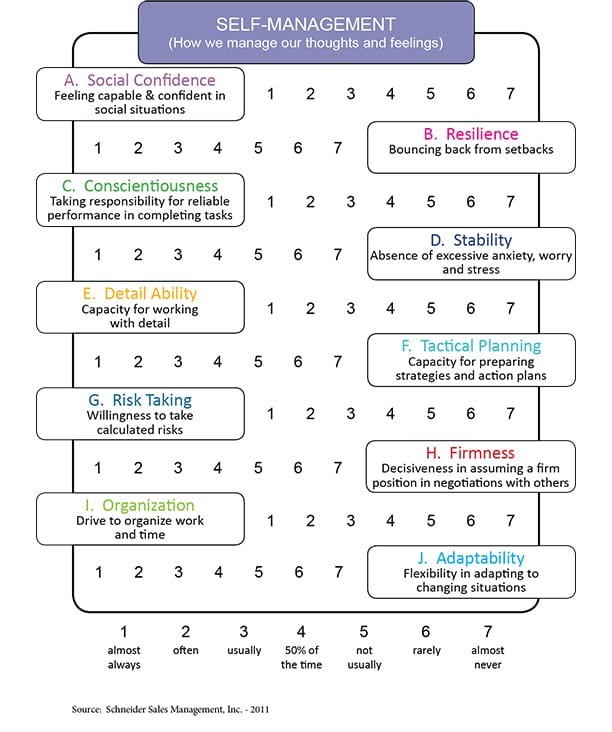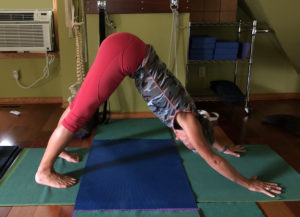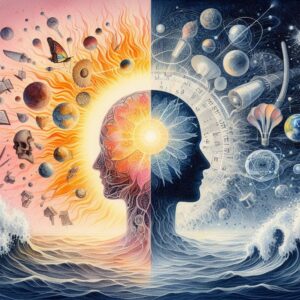From the macrocosm of our planet through to the microcosm of our physical bodies, we are experiencing a radical paradigm shift. A paradigm is a thought model or worldview shared by individuals or societies that influences how they think, feel and behave. For example, command and control leadership in organizations was a paradigm birthed out of the Industrial Revolution and is still prevalent as a leadership practice in many contemporary organizations.
Similarly, human manipulation of our physical environment (our planet) has been a prevailing paradigm since the beginning of humanity. The consequences of this particular paradigm (toxic pollution of all living matter) have left us in a difficult and challenging place —
- Our planet is in the process of being irrevocably damaged.
- Other species of animals, birds, etc., are being permanently extinguished.
- Our human bodies are not capable of living to their potential (approximately 120 years)
Within the paradigm of manipulation exists an underlying belief that humans are separate from, and therefore necessarily better than, the other species inhabiting Earth. This erroneous belief has led humanity to operate from a place of superiority without consideration for the impacts on people and planet.
Due to open systems theory, a new belief has increasingly become apparent to humanity — we are all one (interconnected and interdependent). When we tinker with one aspect of our ecosystem, we knowingly and unknowingly create disruptions, improvements and potentially huge problems throughout its entire space. As an example, strip mining and continuous fertilizing of farming lands can and have led to large plots of land turning into arid desert. This in turn affects the surrounding climate and rainfall causing repercussions, not only in the specific area but around the world.
An organization is an open system, and as such needs to operate from the premise that everything within its boundaries is interconnected and interdependent. Over the past 40 years, we experienced organizational interdependency through the implementation in our workplaces of digital technologies. After repeated failures to increase workplace productivity with computers, the following became clear. When digitization was used to manipulate, rather than enhance workers’ performances and their quality of working life, productivity was not improved and often reduced. On the other hand, when workers were able to adapt the digital technologies to suit their task needs, productivity was radically improved. In the later case, this adaptive approach to improvement and change brought about the much desired efficiency and effectiveness.
Our human bodies are also a bound open system made up of several subsystems. Again, when we medicate one system in attempts to create healing such as with cancer chemotherapies, we often impair other systems from the same treatment. The need to shift our underlying beliefs to recognize our interconnectedness and interdependency with everything else on the planet moves us into the less familiar terrain of developing our adaptation capabilities. One such adaptive skill is intuition or making sense of the world around us by trusting our sub-conscious and gut feel. In essence, our intuition connects us energetically to everything else in existence. It explains why animals, birds, etc. are aware of a tsunami or storm before it is visible to the eye and can escape to safety.
One of the personal practices I adopted in order to strengthen my own adaptive capacity is to let go of my desires and ambitions. What this really means is not using my willpower to manipulate people or things in order to get what I want. Instead, I observe what is emerging in my external environment and then choose from among the emerging possibilities that which most fits my needs in the moment. This improvement process has cycled me through radical growth and change. For the most part, I have learned to self-manage my thoughts and feelings.
One of the positive affirmations I used throughout this growth cycle was — Relax, release, receive, then act. In this iVUCA (interconnected, volatile, uncertain, complex and ambiguous) world where yesterday’s solutions no longer work on today’s problems, our ability to adapt quickly and effectively is a differentiator — a skill for surviving and thriving. If you are interested in gauging your adaptability, complete the self-management assessment below:
For more reading on adaptive living, learning and leading, click here.






